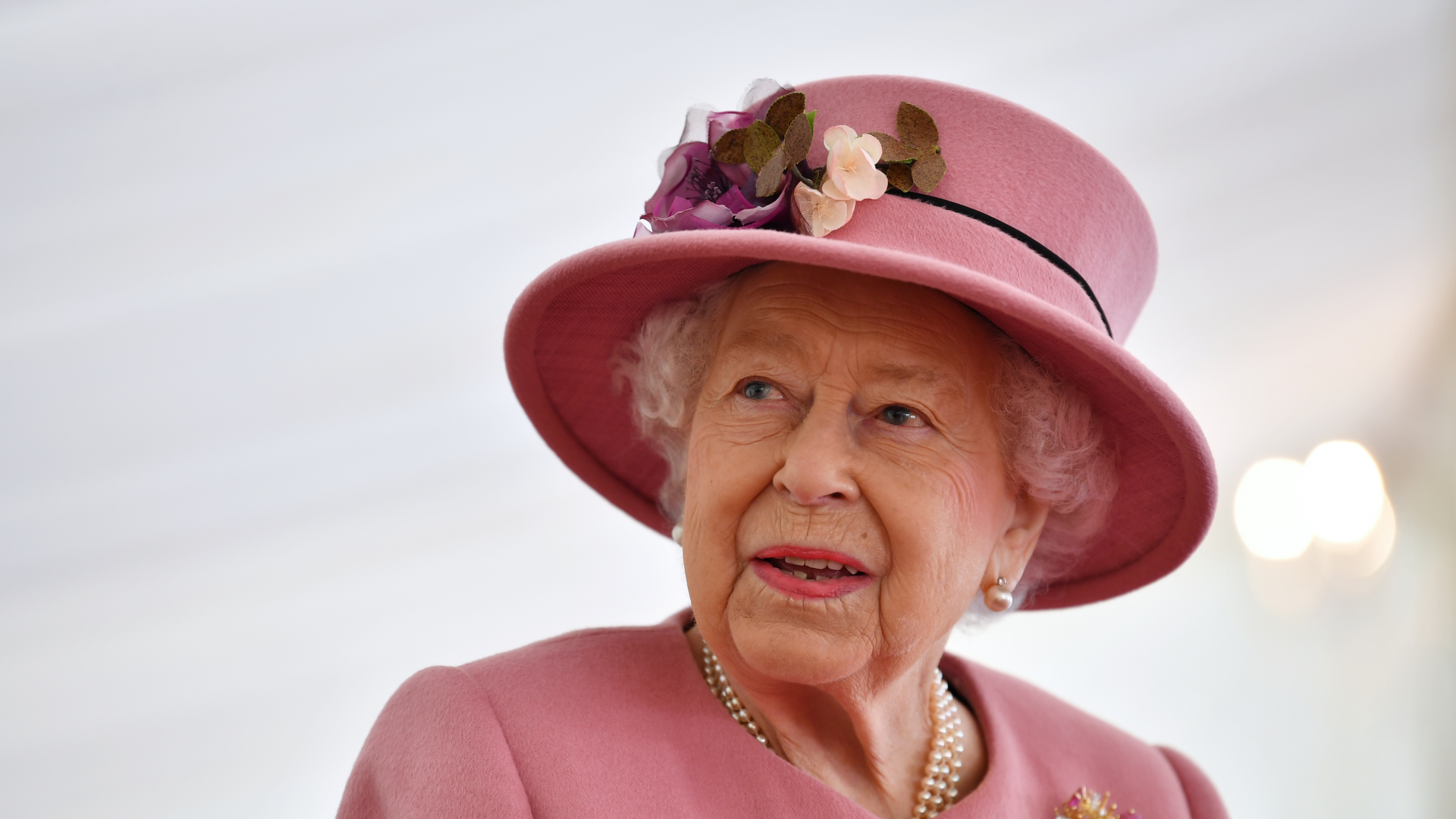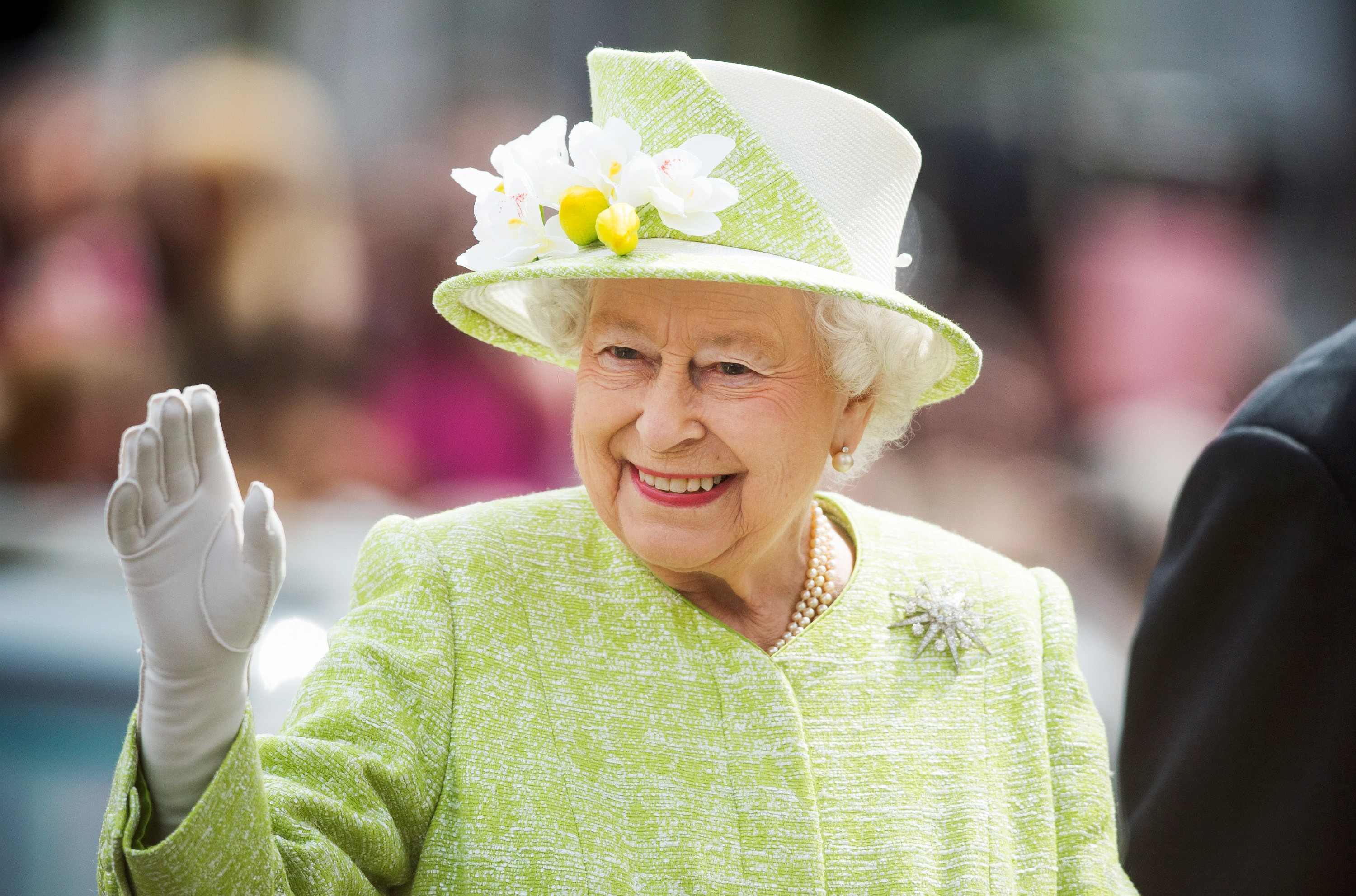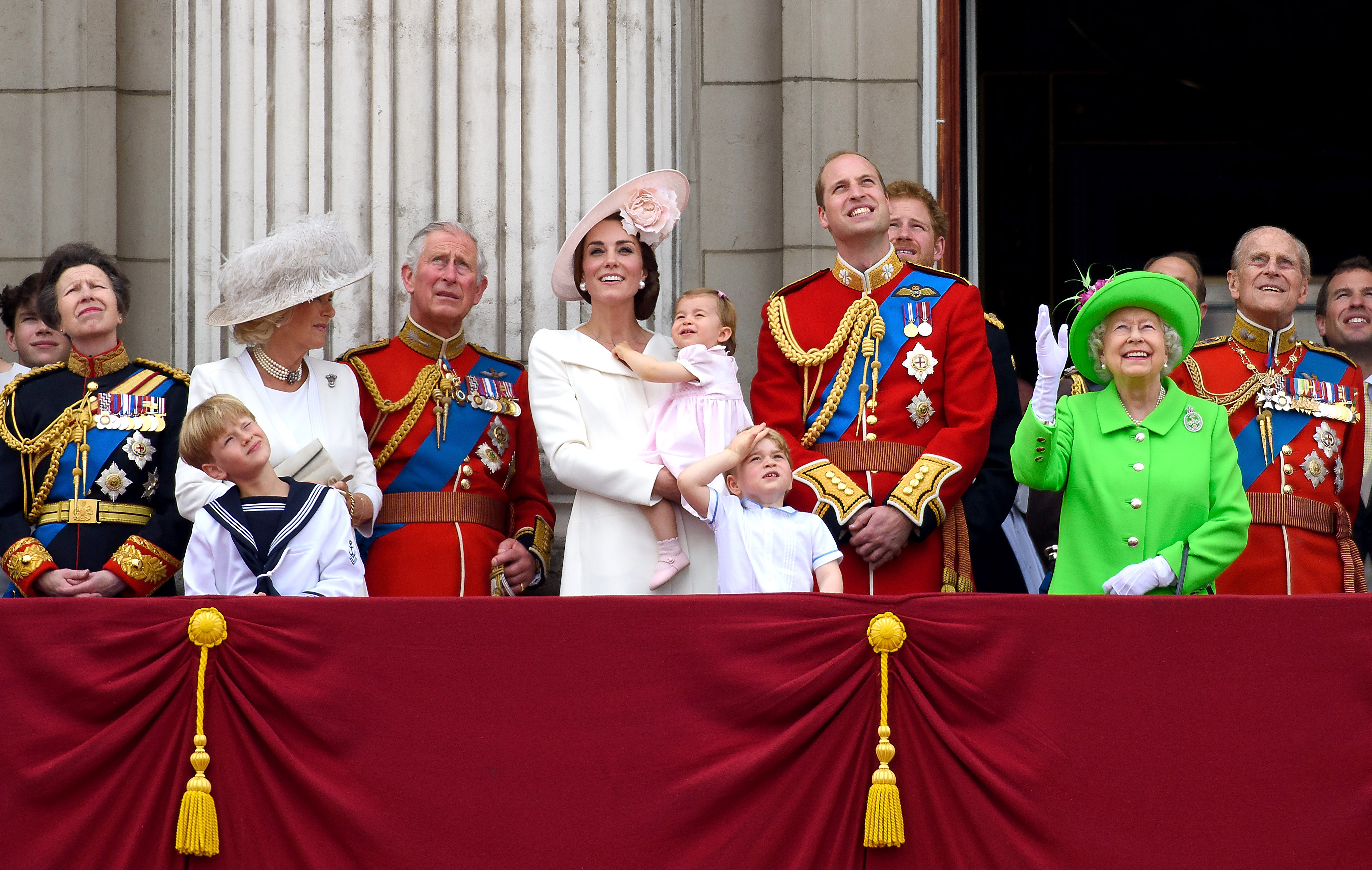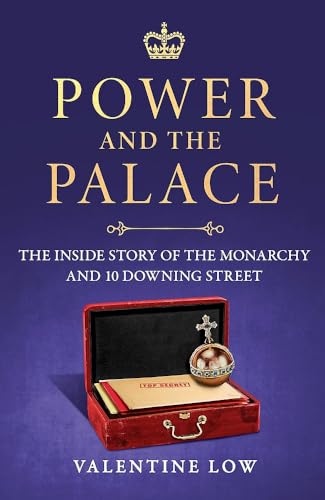Queen Elizabeth Showed No "Great Enthusiasm" About Switching Up One Antiquated Royal Rule, Per Author
A new book reveals the late Queen's thoughts on one major change.


Select the newsletters you’d like to receive. Then, add your email to sign up.
You are now subscribed
Your newsletter sign-up was successful
Want to add more newsletters?
A new royal book has shed light on Queen Elizabeth's private views about one of the most significant constitutional shifts in modern royal history: the move to end male-preference primogeniture. Prior to 2013, if an heir to the throne welcomed a daughter as their first child but had a son next, the boy would have become the future monarch, and not his sister. While the 2013 Succession to the Crown Act ensured that daughters would no longer be overtaken by younger brothers in the line of succession, the late Queen is said to have not shown particular enthusiasm for the change.
According to Valentine Low's upcoming title, Power and the Palace: The Inside Story of the Monarchy and 10 Downing Street, then-prime minister David Cameron set out to change the law when Prince William and Kate Middleton got married in 2011 and discussed the matter with Australia's prime minister at the time. "According to a government source, he said to Gillard: 'William and Kate are getting married, there’s going to be kids, shall we sort this out?'" the book claims (via the Telegraph).
Low wrote, "Crucially, the palace was not against it. But they said that the government had to ensure the backing of the other 15 realms," meaning the 15 sovereign states of the Commonwealth of Nations. A source told the journalist, "I always thought that the signals from Buckingham Palace were that if it was the wish of the duly elected prime minister of the day, and the realms can be sorted out, we will not stand in its way."

The late Queen is said to have accepted, but not pushed for, the Succession to the Crown Act.

Princess Charlotte would have become Queen if she was born before Prince George, thanks to the 2013 Succession to the Crown Act.
However, the insider added that while Queen Elizabeth accepted the reform, she didn't particularly push for it, either. "I didn’t get the sense there was any great enthusiasm from the palace and The Queen herself," the source told Low.
Neither King Charles (who was Prince of Wales at the time) nor Prince William were consulted on the matter, per the book, although The King is said to have supported the law change "in principle." Reportedly, Buckingham Palace instructed the government that there was "absolutely no need" to involve Charles or William in the matter, and King Charles then "ambushed" the Cabinet Office with "serious concerns" about the act.
Of course, 12-year-old Prince George is the first-born child of the Prince and Princess of Wales, but if Princess Charlotte had been born in 2013 and George was born later, he would not have taken her place in the line of succession, thanks to the law change. While the Succession to the Crown Act didn't apply in the case of Prince George, the new rule will ensure that if he has a first-born daughter, she'll become Queen one day—even if she has a younger brother.
Get exclusive access to fashion and beauty trends, hot-off-the-press celebrity news, and more.

Kristin Contino is Marie Claire's Senior Royal and Celebrity editor. She's been covering royalty since 2018—including major moments such as the Platinum Jubilee, Queen Elizabeth II’s death and King Charles III's coronation—and places a particular focus on the British Royal Family's style and what it means.
Prior to working at Marie Claire, she wrote about celebrity and royal fashion at Page Six Style and covered royalty from around the world as chief reporter at Royal Central. Kristin has provided expert commentary for outlets including the BBC, Sky News, US Weekly, the Today Show and many others.
Kristin is also the published author of two novels, “The Legacy of Us” and “A House Full of Windsor.” She's passionate about travel, history, horses, and learning everything she can about her favorite city in the world, London.
